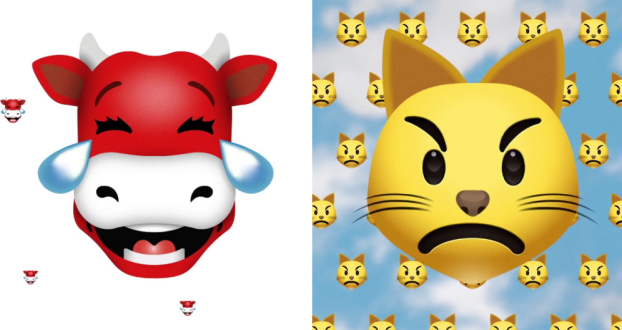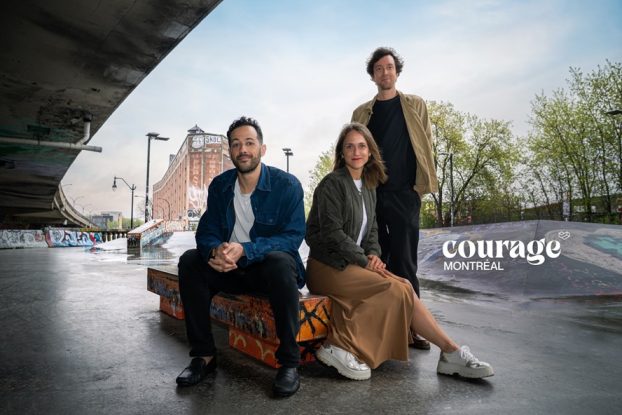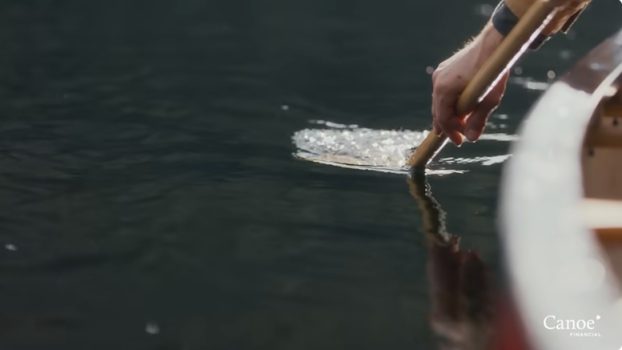There is a saying that goes ‘The anticipation is always greater than the actual event.’ In the vernacular of consumer culture, we call this ‘lunchbag letdown.’
It happens all the time in advertising, package design and any other medium of persuasion. The burger on the billboard is always juicier, and its toppings crisper, than that greyish patty and its limp bunmates on your plate.
This is the raison d’être for a brand experience program. When you break experience down into the three components of perception (the expectations you have before you buy), interaction (what happens when you experience the product) and recollection (how you feel afterwards), you are taking the first step on the road to preventing lunchbag letdown.
Traditionally, companies have spent most of their marketing money on image and perception – 80% or more, in fact – and very little on recollection. A recent study in the Journal of Experimental Psychology by Leaf Van Boven of the University of Colorado at Boulder and Laurence Ashworth of the Queen’s School of Business (‘Looking Forward, Looking Back: Anticipation is More Evocative than Retrospection’) seems to support this habit with evidence that people report more intense emotions during anticipation of emotional events than in retrospection.
In other words, you get a lot more juiced thinking about your next burger than you do thinking about your last one. That’s what makes advertising and packaging so effective. At their best, they manipulate emotional arousal when we are most susceptible.
What they can’t do is win us back after expectations are not met. But that’s what brand experience is for. It aligns the promise with the delivery.
Sometimes perceptions and experiences align, but not often. They align when the agency builds its campaign around a brand truth and the experience delivers it. One excellent example is Target’s campaign for Newfoundland and Labrador Tourism. Based on the genuine experience of travelling off the beaten track, Target painted Newfoundland and Labrador as creative, smart, hip and quirky. From the hybrid font used in the logo to the heart-tugging music and awe-inspiring landscapes in the TV spots to the warm and welcoming people, Target captured the soul of the place.
They created an emotionally compelling perception, which in turn created convincing returns. At a time when tourism was at low levels across North America, N&L saw 1.2% more visitors and 4% more non-resident air visitors and a 2.7 rise in accommodation occupancy levels over 2007.
Travel & Leisure magazine named it one of ’40 trips that will change your life’ and visitors raved: ‘Paradise found!’ ‘Newfoundland is one of the most awesome places in Canada. The water, the mountains, the fish, the whales, the icebergs and the wonderful people!’ ‘I’d move to Newfoundland in a heartbeat! The people are friendly, the food great and the scenery breathtaking.’ Bingo! Perception, interaction and a damn fine recollection, all lined up.
The gap in emotional intensity between anticipation and retrospection, to use terms from the Van Boven/Ashworth experiment, can also be upended by a ‘moment of truth.’ This is a situation in which a mistake is overturned by a ‘delight tactic’ – an act that exceeds the customer’s expectation.
Here’s a Christmas story for you. My business partner ordered a down jacket from Lands’ End for her husband. She received it the week before Christmas, but they sent the wrong size. The customer care rep, Molly, called my partner at home for three days trying to figure out how to get the right size to her in time for Christmas. The best she could do was Boxing Day. Molly felt so badly that she sent an apology and a gift card worth $100 a week later.
In this case, the perception was created by the Lands’ End website, which states: ‘If you’re not satisfied with any item, simply return it to us at any time for an exchange or refund of its purchase price. We mean every word of it. Whatever. Whenever. Always. Guaranteed. Period.’
They didn’t need to send a gift certificate to live up to the guarantee, but Molly sensed disappointment and responded with an over-the-top gesture. As a result, my partner is now a devoted customer.
Both Lands’ End (sounds like a place in Newfoundland, doesn’t it?) and Newfoundland and Labrador spent their ‘perception’ budget wisely, but only because they were able to deliver. Wish that more brands acted that way.
Will Novosedlik is a partner at Chemistry, a brand management consultancy that bridges the gap between management consulting and creative consulting to drive competitive advantage for clients in North America, Europe and emerging markets. He can be reached at will@chemistrybranding.com.























